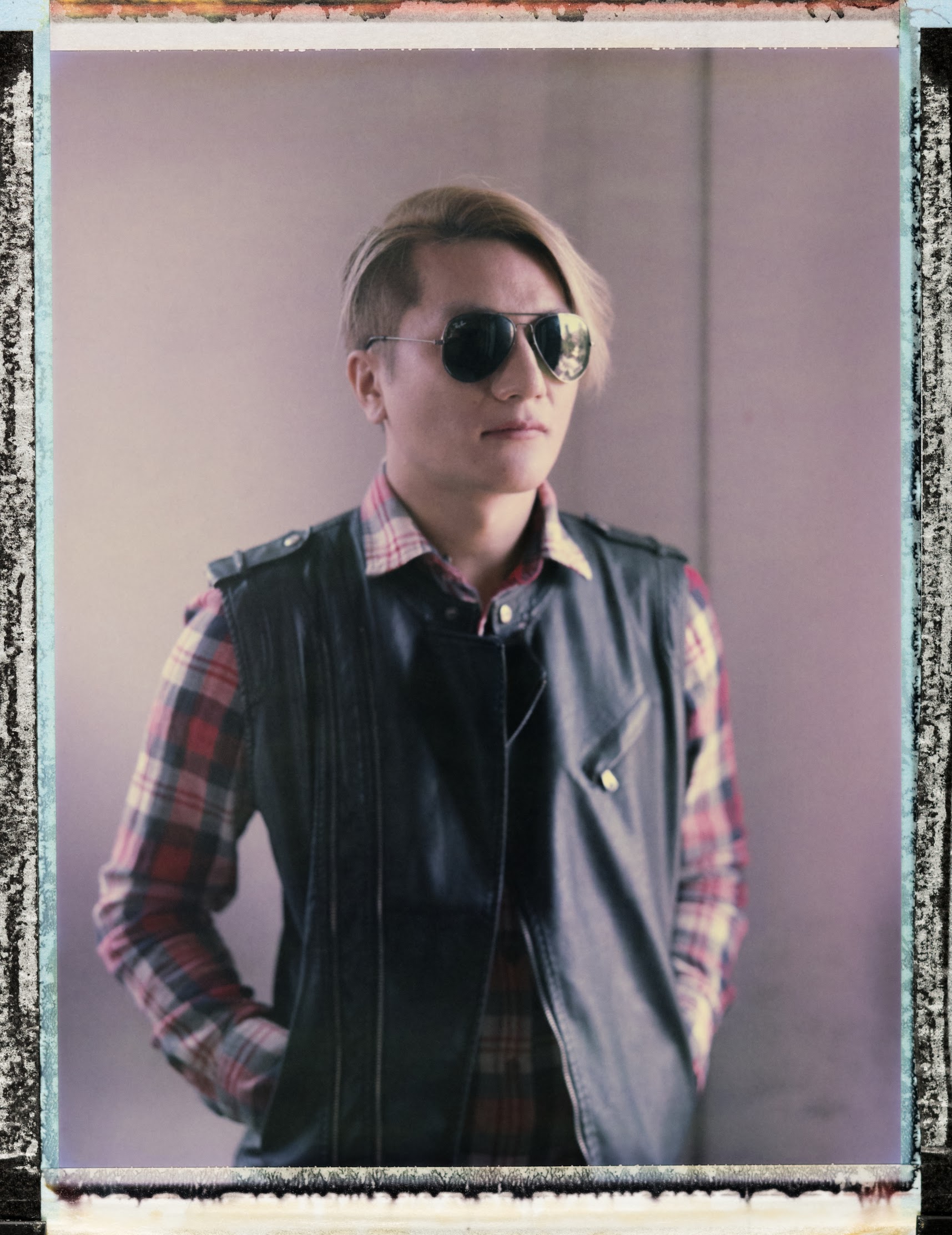Anuj Peter / Nepal
“I was quite feminine at my childhood. So people use to say so many derogative words like Chakka Hijra. But I am lucky that my father and mother were teacher at my own school. So I did get that word many time. So my school life is not bad as other LGBTI member. But when my life change, when we shift to KTM with my brother and Sister. I have to by a parents them to my life didn’t get chance to that more about me. After that they went out of Nepal. I they about me. And family myself what kind of person I am. Because I was different than other boys I met.
And at childhood I saw other transgender at TV and afraid to be like them. Till then I didn’t want to be like them. Till then I didn’t know about LGBTI. I start think about it. Talking about that time, so many LGBTI people use fake id and I did that. Using that id, so I did that. Using that id so I did that. Using that id I find two of the best gay friend. We used to go club unofficial gay club, where I find one of the members of BDS and representative to visit BDS. I went their with my friend but its’ really scary to inter there but they really think it in my negative way. But we should be their for ourselves. After that I start converting with BDS. And fill what I am.
Another part of my life: every people start talking my so I decided to do that at that this so many gay for did that and say my they are happy to believe it. So I try to do that. But when it comes to reality it was really different. At that time I scared that marriage is not only about the sum of being husband and wife to society. Another part is physical and emotional attachment as well. So I think to quit that relationship. And on that time I told what I what my sexuality to my brother and sister. They request me to say it yourself to her and live her who you want to me are ok with your sexuality.
Another side I already start work with BDS. On that time I know were about myself and my community. SoI decided to work with my community But the challenge was I was not out to society what I am. During that time I got offered from one national media to tell my story and come out to help so I decided to that show and come out because at that same year 2015 earthquake occurred at the country and Think that my relative would not see my interview. But as I said early what I think I happened. So everybody saw that interview and start calling my and start calling my parents about it. My parents were ok with it but they request not to be come were like this in media, we accept what you are but this stay with the family only. Then I start thing of doing my community. And which I thing many gay guys are still hide his sexuality and their relationship. So I start work about marriage equality. Now I work on the issues to the country.”




